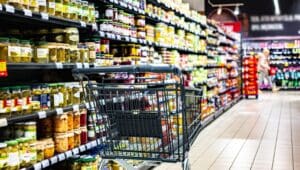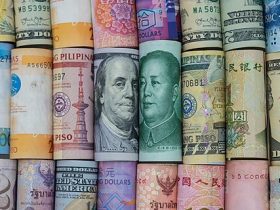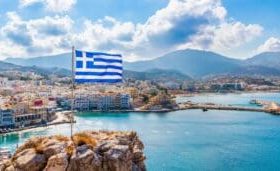Inflation climbed to its highest level in a year and a half in July, driven by surging air fares, hotel stays and grocery bills, dealing a blow to Rachel Reeves as she prepares her first autumn budget as Chancellor.
The Office for National Statistics (ONS) said annual consumer price inflation rose to 3.8 per cent last month, up from 3.6 per cent in June and the sharpest reading since January 2024. The figure overshot economists’ forecasts, reviving fears that the cost-of-living crisis is far from over.
The uptick was led by an extraordinary 30.2 per cent monthly rise in air fares — the steepest July increase since comparable records began in 2001 — fuelled by school holidays and peak summer travel demand. Hotels and restaurants also contributed heavily, with prices up 3.4 per cent year on year. Analysts suggested the Oasis reunion tour had intensified pressure on city accommodation markets where the band performed.
Grocery prices climbed 4.9 per cent, their fastest pace since February, with coffee and chocolate among the biggest drivers. Rising utility bills added further pressure on households.
Grant Fitzner, chief economist at the ONS, said: “The main driver was a hefty increase in air fares, the largest July rise since collection of air fares changed from quarterly to monthly in 2001. This increase was likely due to the timing of this year’s school holidays.”
The figures underscore the difficult balancing act facing Reeves, who acknowledged that while inflation is far below the double-digit highs of 2022 under the previous government, “there is still more to do to ease the cost of living”.
The Chancellor is already under pressure to prove that Labour’s economic strategy can deliver growth and higher living standards. Economists warn she may need to find up to £50 billion in tax rises or spending cuts to stabilise the public finances. Reports suggest Treasury officials are examining measures including a new capital gains tax on the sale of high-value homes.
The inflation surprise also complicates the Bank of England’s path on interest rates. Earlier this month, the Bank trimmed its base rate from 4.25 per cent to 4 per cent and projected inflation would touch 4 per cent in September — the figure that determines annual increases to pensions and benefits.
But services inflation, a key gauge of domestic cost pressures, rose to 5 per cent in July, well above the Bank’s forecast. Core inflation, which excludes energy and food, edged up to 3.8 per cent.
Suren Thiru, economics director at ICAEW, said July’s data “probably extinguishes hope of a September interest rate cut”. However, Monica George Michail, associate economist at the National Institute of Economic and Social Research, suggested the Bank may “look through” seasonal pressures and cut rates again before year-end.
Despite the inflationary jolt, the economy has shown signs of resilience, expanding by 0.7 per cent in the first quarter and 0.3 per cent in the second, according to the ONS. Reeves will be hoping that growth momentum and easing pressures on households later in the year can shore up confidence ahead of a politically charged autumn budget.
For now, though, the combination of rising prices, fading hopes of further rate cuts, and looming tax hikes leaves Britain’s households and businesses braced for another squeeze.
Read more:
Air fares and food prices push UK inflation to 18-month high











